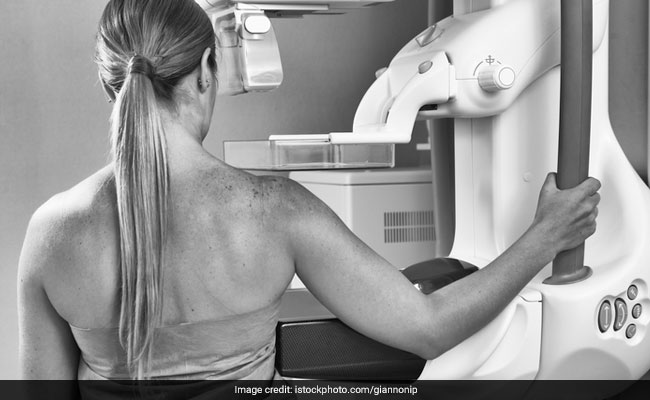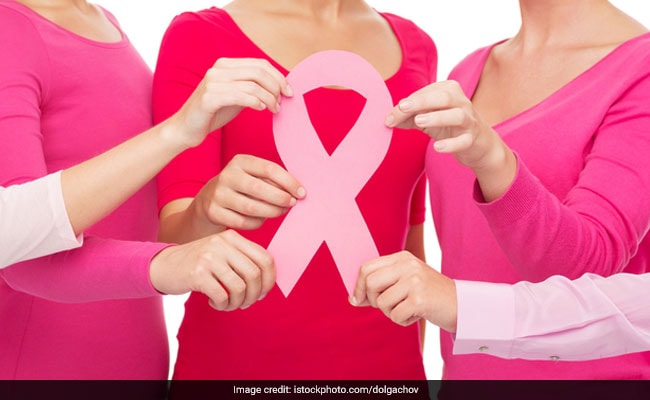Mammography plays a central part in early detection of breast cancers because it can often show changes in the breast before a patient or physician can feel them. This breast cancer awareness month, know the relevance of mammography in breast cancer detection.

Breast Cancer Awareness Month: How relevant are mammograms for BC detection?
HIGHLIGHTS
- Mammography plays a central part in early detection of breast cancers
- It can often show changes in the breast before it can be felt
- Annual mammograms can lead to early detection of breast cancers
Breast Cancer is a cancer formed in the tissues of breasts. This usually happens in the tubes that carry milk to the nipple called ducts and milk making glands. It can occur in both men and women, however male breast cancer is rare. In order to detect breast cancer screening examination tests are performed to find disease before symptoms begin. The goal of screening is to detect disease at its earliest and most treatable stage.
A low-dose x-ray exam that produces images of the breast is called a mammogram. It can also be used if you have a lump or some other sign of breast cancer. Screening mammography is the type of mammogram that checks you when you have no symptoms. Mammography plays an important role in the early diagnosis of cancer because it can reveal changes in the breast before one can feel them. This breast cancer awareness month, know the relevance of mammography in breast cancer detection.

Photo Credit: iStock
During mammography, a specially qualified radiologic technologist will position your breast in the mammography unit. Your breast will be placed on a special platform and compressed with a paddle (often made of clear Plexiglas or other plastic). The technologist will gradually compress your breast and while you hold still, an image will be taken producing a top-to-bottom view of the breast. You will be asked to change positions so that the side view of the breast can also be produced.
It is known that yearly mammograms can lead to early diagnosis of breast cancers when they are most curable and conservation therapies are effective. A mammogram may also find ductal carcinoma in situ (DCIS), abnormal cells in the lining of a breast duct that may develop into invasive cancer. Mammography is the only breast cancer screening tool known to reduce deaths from the disease.
Modern-day mammography only involves a tiny amount of radiation - even less than a standard chest X-ray. Mammograms do not prevent breast cancer, but they can save lives by finding breast cancer as early as possible. Some important things you should know about mammograms are:
1. They can save your life
An early diagnosis of cancer reduces the risk of mortality from the disease by 25-30% or sometimes even more. Women must have regular mammograms (done annually) from the age of 40, or earlier if they are at high risk.
2. Do not be afraid
Mammography is a fast procedure (about 20 minutes), and discomfort is minimal for most women. The procedure is safe: there is only a very tiny amount of radiation exposure from a mammogram. To relieve the anxiety of waiting for results, go to a center that will give you results before you leave.
3. Get the best quality you can
In case a woman has dense breasts or is under age 50, she can try a digital mammogram. A digital mammogram is recorded onto a computer so that doctors can enlarge certain sections to look at them more closely.
DoctorNDTV is the one stop site for all your health needs providing the most credible health information, health news and tips with expert advice on healthy living, diet plans, informative videos etc. You can get the most relevant and accurate info you need about health problems like diabetes, cancer, pregnancy, HIV and AIDS, weight loss and many other lifestyle diseases. We have a panel of over 350 experts who help us develop content by giving their valuable inputs and bringing to us the latest in the world of healthcare.














